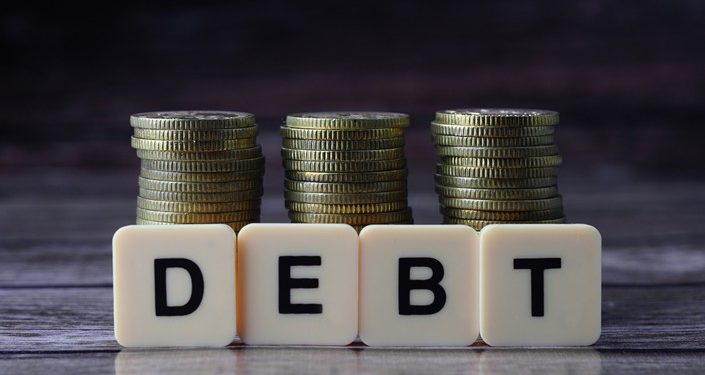The Ghanaian government has announced a suspension of all debt service payments under certain categories of its extemal debt pending a, restructuring of the affected obligations.
This suspension will include the payments on Eurobonds, commercial term loans and most of its bilateral debt. This suspension will not include the payments of its multilateral debts, new debts (whether multilateral or otherwise) contract after December 19, 2022, or debts related to certain short-term trade facilities.
In a statement on Monday, Ghana said that it is also evaluating certain specific debts related to projects with the highest socio-economic impact for Ghana which may have to be excluded.
“This suspension is an interim emergency measure pending future agreements with all relevant creditors. The government stands ready to engage in discussions with all of its external creditors to make Ghana’s debt sustainable through a fair, transparent and comprehensive debt restructuring exercise in line with international best practices,” the statement read in part.
Read: Former US Treasury Secretary Calls For Debt Restructuring For African Countries
The government, which has termed the current debt situation as unsustainable, said that the major challenges have been caused by the Covid-19 pandemic in 2020 and 2021 coupled with the Russian invasion of Ukraine.
“Global risk aversion triggered large capital outflows, a loss of external market access and rising domestic borrowing costs. The combination of adverse external shocks has exposed Ghana to a surge in inflation, a large exchange rate depreciation and stress on the financing of the budget These factors taken together have put the sustainability of our debt at risk,” added the government.
“Given the magnitude of the economic and social crisis that Ghana is confronted with, this domestic debt operation will not be enough to close the large financing gaps that Ghana faces over the coming years. The Government’s Debt Sustainability Analysis (DSA) has demonstrated that our public debt, both external and domestic, unsustainable”
The Ghanaian government has also launched an invitation to exchange its domestic debt in a bid to restore public debt sustainability. Under the debt swap plan, local bondholders, including Ghanaian banks, asset managers and insurance companies, have until December 19 to swap 137.3 billion cedis ($14.3 billion) worth of over 60 domestic bonds for four new ones.
Read: Debts Repayment Consumes Half Of Revenue In Three Months Of 2022/2023
According to Finance Minister Ken Ofori-Atta interest payments are now consuming 70%-100% of government revenues while the public debt-to-GDP ratio had soared above 100%.
Ghana’s total public debt is currently more than USD46 billion, about 76 per cent of the country’s Gross Domestic Product.
This is above the internationally accepted threshold of 55 per cent to GDP.
Email your news TIPS to editor@thesharpdaily.com

















